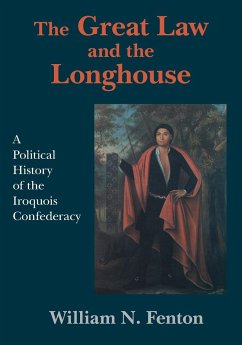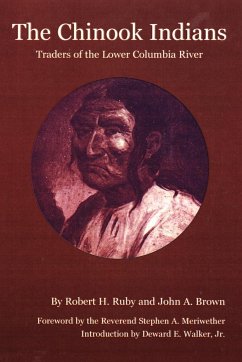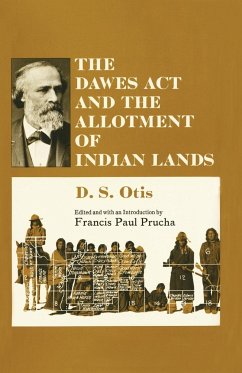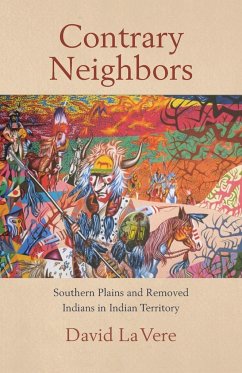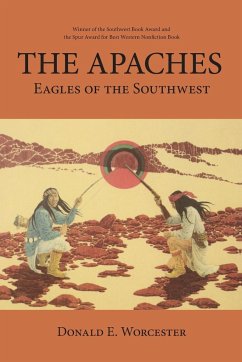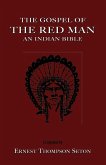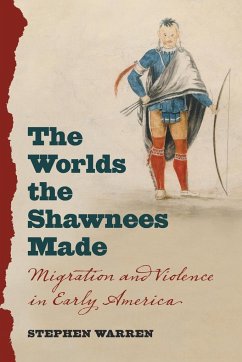Volume 223 in the Civilization of the American Indian Series This masterful summary represents a major synthesis of the history and culture of the Six Nations from the mid-sixteenth century to the Canandaigua treaty of 1794. William N. Fenton, the dean of Iroquoian studies, has used primary sources extensively, in both French and English, to create a very readable narrative and an invaluable reference for all future scholars of Iroquois policy. The Great Law, a living tradition among the conservative Iroquois, is sustained by celebrating the condolence ceremony when they mourn a dead chief and install his successor for life on good behavior. This ritual act, reaching back to the dawn of history, maintains the League of the Iroquois, the legendary form of government that gave way over time to the Iroquois Confederacy. Fenton verifies historical accounts from his own long experience of Iroquois society, so that his political ethnography extends into the twentieth century as he considers in detail the relationship between customs and events. His main argument is the remarkable continuity of Iroquois political tradition in the face of military defeat, depopulation, territorial loss, and acculturation to European technology. Fenton's style of writing combines Iroquois and American English in a way that no one else has been able to do. His analysis and comparison of multiple versions of the same myth is a valuable contribution in itself, while his distillation of previous cultural and historical studies will be of special interest to historians of anthropology as well as those concerned with the American Indian.

